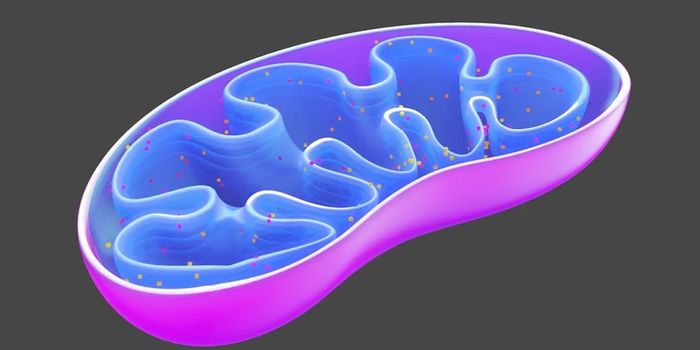Genetic Study Offers New Insights Into Food Allergies
Our immune systems have to respond when they sense an invader so we are protected from infection. These invaders are presented to the immune system through antigens, and we develop some antibodies that can bind to those antigens and neutralize pathogens. But we also develop antibodies to antigens from food. Since antibodies can initiate an immune response, this also means that antibodies against food cause food allergies. Scientists have long wondered why this happens, and what mechanisms underlie this process. Now, researchers have revealed how immunoglobulin G (IgG) antibodies are created in response to food antigens. The work has been reported in Science Translational Medicine.
This work showed that because of human antibody genes, people have a predisposition to develop an IgG antibody to peanut proteins.
"Our research not only explains why we have always found these antibodies against peanut, but why so many people, including young children, have such similar antibodies to a food so common in the world," said senior study author Sarita Patil, MD, co-director of the Food Allergy Center at Massachusetts General Hospital (MGH), among other appointments.
"We were astonished to find highly similar antibodies. Statistically, this seems improbable, since our immune system can produce as many as a quintillion different kinds of antibodies. When we found these nearly identical public antibodies in multiple patients, we were fascinated."
People can develop peanut antibodies in very predictable ways, and there are multiple pathways that can lead to this development. Although antibody genes are typically highly variable from one person to another, which helps the body produce many different antibodies, most people carry gene sequences that can lead to peanut antibody development.
These antibodies can often bind to peanut proteins when they are generated too, without any additional modifications.
The investigators looked for these peanut antibodies in human blood samples, and created an assay to find them. When they assayed individuals with peanut allergies, they all carried these antibodies.
Additional work showed that these antibodies can be generated very early on in life; most kids between one and three years of age who carry peanut antibodies carry these exact ones.
This study can show why people develop antibodies to food over time, and has indicated that antibodies may be highly similar in allergic patients. As such, it may be possible to create treatments that many allergic people can use.
"As we know, antibodies can be protective, but they can also cause disease in the context of allergy," said Patil. "If, on a larger level, we can dissect how humans develop antibodies, and why some go on to become allergic, we may be able to intervene with targeted therapies to treat and prevent food allergies on a population level."
Sources: Massachusetts General Hospital, Science Translational Medicine









